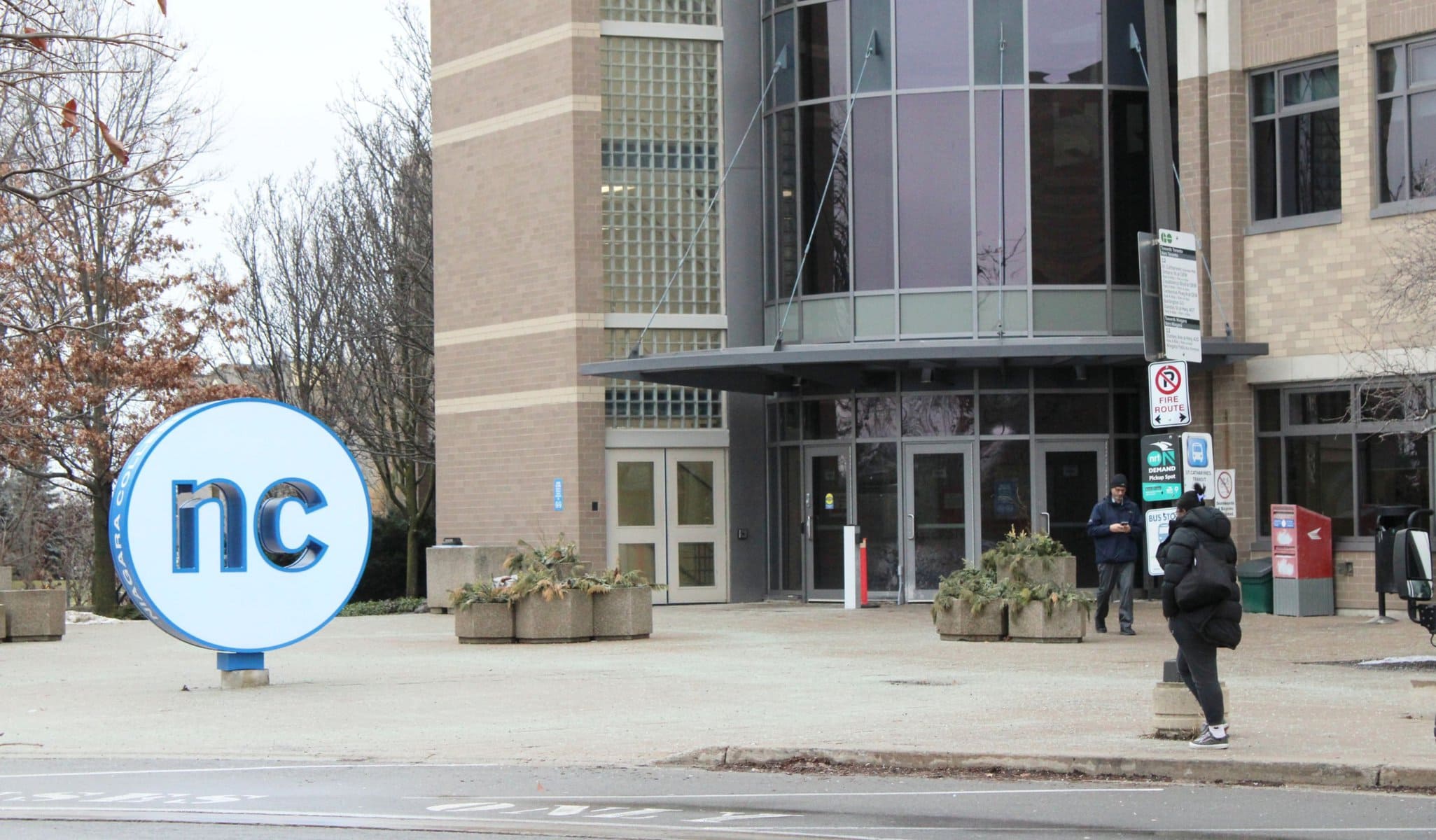A Niagara College official says the college needs more details before it knows how a cap on permits being offered to international students — a new limit put in place by the Canadian federal government — will affect its operations.
A Jan. 22 announcement made by Immigration Minister Marc Miller was short on specifics, other than the number of permits that will be available in 2024, said Sean Coote, Niagara’s vice-president, international.
“There’s not a lot of detailed information out yet about what this cap actually means and how it can be applied,” Coote said.
In the announcement, the federal government said permits for new international student permits will be capped at 360,000 for 2024, a 35 per cent decrease over 2023.
In Miller’s announcement, he said the increasing number of international students in Canada has put pressure on the housing market and health care, among other things, and is threatening the sustainability of the student permit program.
Under the temporary plan, which would last two years, individual provincial and territorial caps have been established, weighted by population.
That means provinces such as Ontario, where there has been what the feds called “unsustainable growth” in the numbers of international students will mean the cut to student permits will be much deeper.
In Ontario, that is expected to result in a decrease of 50 per cent.
Niagara College has two campuses, its main campus in Welland and the Daniel Patterson campus in Niagara-on-the-Lake.
International students make up 50 per cent of the students enrolled across Niagara’s 130 programs between both campuses.
“One of the effects of the implementation of the cap is that (the federal government) essentially has frozen visa processing,” Coote said. “And certainly that visa processing will cause a short-term challenge of trying to make sure all of our students coming in May to be able to get through these.
Colleges Ontario, the provincial organization of which Niagara College is a member, was critical of the move, calling the cap “a moratorium by stealth that is already causing significant and unnecessary upheaval for students, employers and communities.”
In a statement on its website, the organization said that the federal government failed to recognize that public colleges have a year-round intake of students, “designed specifically to meet employer needs.”
The requirement for letters of attestation from provincial governments – something the Ontario government currently doesn’t have a process in place to do – has resulted in “total chaos” for students.
“The entire system for Ontario is frozen,” the group said.
Colleges are a year-round concern for students, the group said, meaning some who will begin studies in May are already well into the application process.
Coote, meanwhile, said that Niagara’s programs are designed to help the region’s employers – in construction, health care and tourism sectors to name a few – by providing them with the necessary number of employees to support the growth of those sectors.
“It will mean more challenges for employers to be able to find that skilled labour,” he said.
And it’s not just colleges that are being affected.
In a statement, Universities Canada said it was “concerned that the cap per province is going to add stress on an already stressed system.”
The organization added it would be difficult to assess the effect the move would have on universities across the country without more as to how the program would be rolled out in each province.
Like Niagara College, Brock University is home to thousands of international students.
In a brief emailed statement to The Lake Report, a spokesperson for Brock said the university “is concerned about the impact the cap on international study permits announced recently may have on the university and is awaiting further details.”
Back in NOTL, it’s a different story at the town’s secondary school which provides a high school education for international students.
Holly Rowe, admissions and events co-ordinator at Vineridge International said that as a high school, Vineridge will not be affected by the changes.
“When we first heard about the cap I was concerned,” Rowe said. “But it only affects colleges and universities. International high schools are not affected, thank God.”
And that is good news for the academy, where enrollment has yet to return to pre-pandemic numbers. Currently, there are 42 students attending classes at Vineridge.
“We’re still climbing back from COVID,” Rowe said.
Miller, in announcing these changes, said they are meant to provide protection for the students and bring some stability to the international student intake process.
“We have an obligation to ensure that (international students) have access to the resources they need for an enriching academic experience,” he said. “In Canada, today, this isn’t always the case.”
Other steps taken by the feds to bring about more order to the permit system include a requirement for post-secondary institutions to confirm every letter of acceptance submitted by an applicant outside Canada directly with Immigration, Refugees and Citizenship Canada.
The enhanced verification, the government said, is to protect prospective students from fraud.
It also “ensures that study permits are issued based only on genuine letters of acceptance,” the release stated.
At Niagara, the needs of international students are indeed being met, Coote said.
“We just brought a large group of students in January to our campuses and all of our students are housed well, and we still have surplus housing on campus and in our community,” he said.










